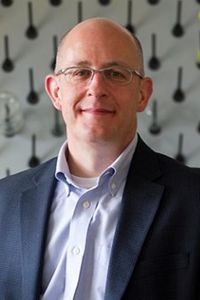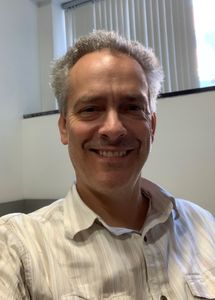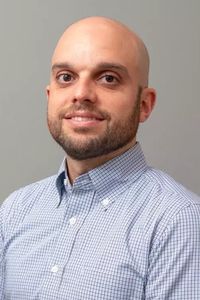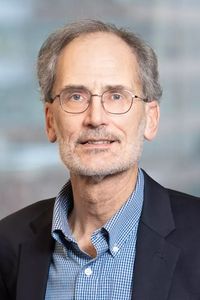Research Program
Trainees spend approximately 20% of year 1 and 75% of year 2 working on a research project. The research portion of the fellowship provides trainees with the opportunity to pursue many different avenues of research, including basic science, translational, and epidemiological research. On the basic science level, our faculty is engaged in pioneering research in the areas of pulmonary immunology, stem cell biology, and genetic and clinical epidemiological investigation of asthma. There are many areas of clinical expertise coupled with research programs, which offer fellows research projects of a translational nature. These include, but are not limited to asthma, sarcoidosis, and interstitial lung disease related to CVID. Finally, the epidemiology group is a member of the NIH/NIAD Inner City Asthma Consortium and is also uniquely positioned to access to the Framingham database to answer fundamental questions related to airway disease (including asthma).
Trainees participate in the Introduction to Research course conducted by the members of the Pulmonary Center faculty during the middle of their first year. This intense 1-week course, free of clinical responsibilities, is designed to facilitate and support the entry of trainees into research. The course consists of didactic sessions interspersed with lab practicums. Topics covered during this course include an array of basic and advanced laboratory techniques, ethics, how to design a clinical study, basics of epidemiology/outcomes research/implementation science, and beginning statistics. Most importantly, this time provides an opportunity to gain exposure to potential research mentors within the Pulmonary Center.
Some trainees opt to supplement their research experience by taking graduate level courses in molecular biology, bioinformatics, public health, and statistics. These courses are offered at Boston University, without charge. As noted in the Program Overview, trainees with a strong commitment to a research career can apply for F32 funding in the fall of Year 2 and if successful will spend a 3rd year exclusively dedicated to research.
Research Faculty*:
 |
Joseph P. Mizgerd, ScD
Jerome S. Brody Professor of Medicine, Boston University Chobanian & Avedisian School of Medicine Director, Pulmonary Center |
 |
Matthew R. Jones, PhD
Associate Professor of Medicine, Boston University Chobanian & Avedisian School of Medicine Director, Graduate Program in Molecular and Translational Medicine |
 |
Paul J. Maglione, MD, PhD
Assistant Professor of Medicine, Boston University Chobanian & Avedisian School of Medicine |
 |
George T. O’Connor, MD, MS
Professor of Medicine, Boston University Chobanian & Avedisian School of Medicine Interim Section Chief, Preventive Medicine & Epidemiology Director, Clinical Research Resources Programs Clinical Research, Clinical & Translational Science Institute Interim Co-Director, Framingham Heart Study |
*All faculty, Section-wide, are available for research mentorship